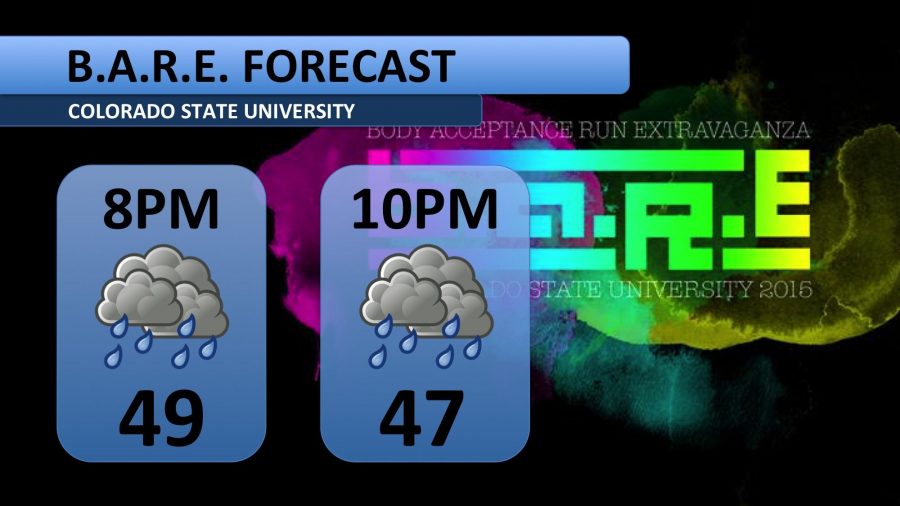
One day our brains may control all of our technology. The team in the Brainwaves Research Lab in Colorado State University’s College of Health and Human Sciences is working to make that a reality.
One of the far-off goals is to help people suffering from paralyzing diseases like ALS to be able to control their wheelchairs with mere thoughts. Right now, they are studying how to differentiate between the electrical impulse occurring from moving one’s foot compared to solving a math problem.
Ad
As exciting as this emerging technology is, Dr. Gavin, one of the lead researchers in the Brainwaves Lab, wanted to make sure people understood the limitations of the technology.
“Our technology is nowhere close to being able to know what people are thinking, we are just seeing patterns that relate to certain thinking processes,” Dr. Gavin said.
The research is performed using specially designed caps that sense the electrical output of the brain. The job is to discover what areas link to what thoughts. The biggest challenge with the technology is differentiating between making an action right now and a thought about doing something in the future.
The brain can be differentiated between parts that control auditory, visual, olfactory, abstract thoughts and motor skills. At CSU, sensors are placed on the scalp, but other researchers have gotten much more accurate readings by placing sensors under the skull on the brain itself.
Dr. Gavin explained that due to the curves in the brain, the signals are distorted and the waves go off in different directions, which can make it very difficult to localize the source of the signal.
Large and expensive fMRI machines can detect the source of activity more clearly, but there are several factors prohibiting them from being used in technologies controlled by the brain. These include the expense and size of the machines as well as the lag that occurs due to processing.
A current CSU research program is working to map the brain’s activity in regards to letter detection. The alphabet is displayed to a participant with the sensor cap on and random letters light up. Then, brain waves are recorded.
This could help people write faster, but it is mainly being developed to help those who are paralyzed. While there are eye-tracking technologies helping paralyzed people communicate already, this would be a superior technology and could be just one of the first ways for it to be utilized.
A senior communication studies major, Seth Willden, is wary of the technology.
Ad
“It needs to be mediated somehow,” Willden said.
Artificial experiences inputted directly into the brain could change our entire conception of life. No longer would we be constrained by our individuality.
If everything in the world could be connected via invisible brainwaves then you may not even have to get out of bed in the morning, Willden explained.
Imagine if Netflix was making recommendations in your brain. The key is: Who is controlling whom?
“Mind control is the most basic human rights violation,” said Edward Lenzo, philosophy graduate student.
Willden’s sentiment could be something we all share, “I am scared of a world of elite cyborgs.”
Collegian Editor at Large Daniel Sewell can be reached at community@collegian.com. Sewell also works for the CSU Center of Public Deliberation.













